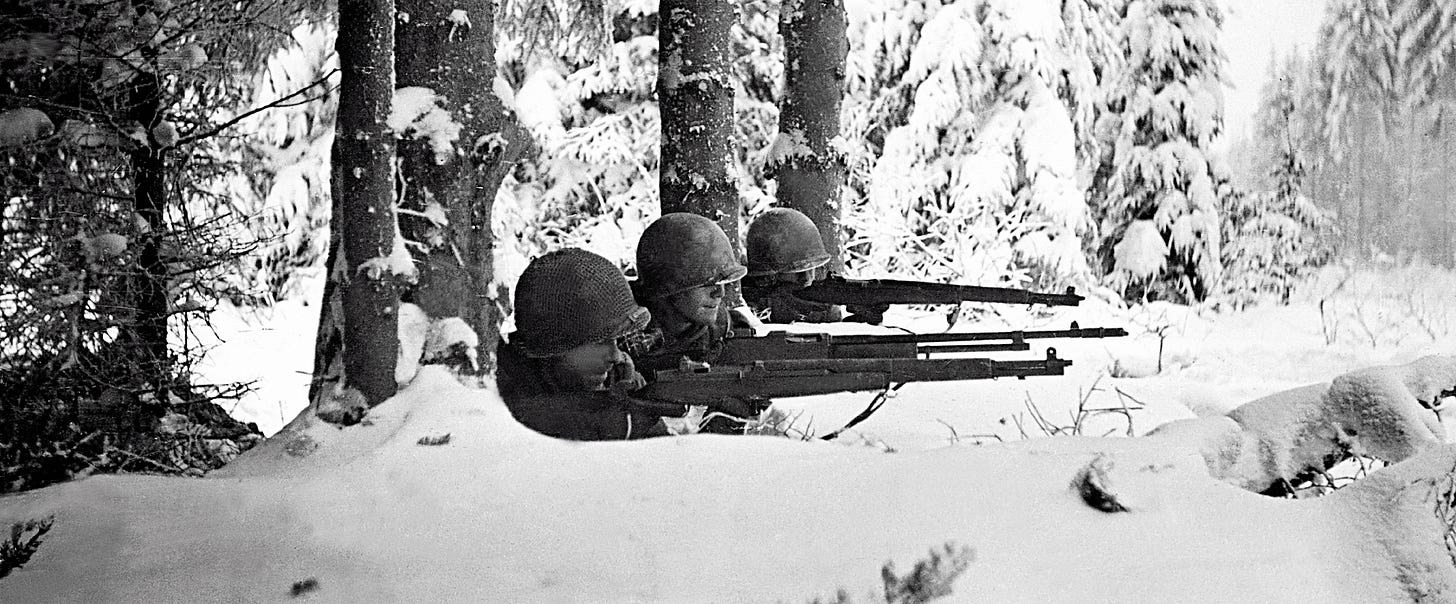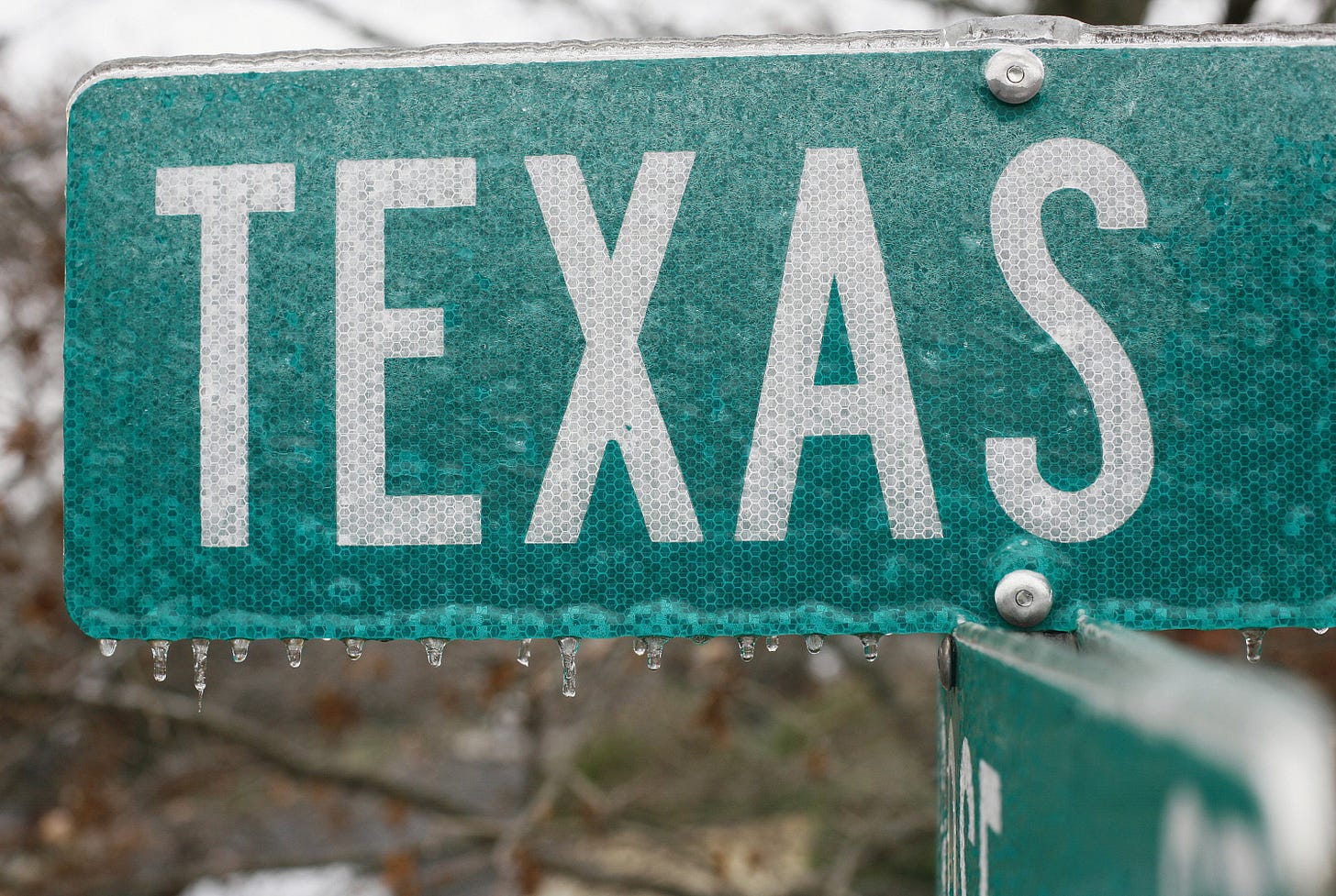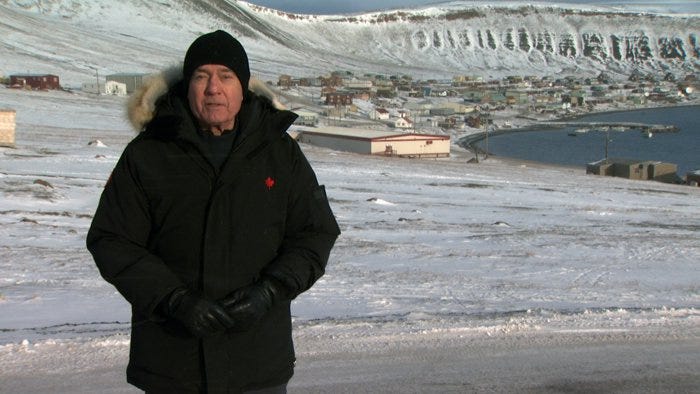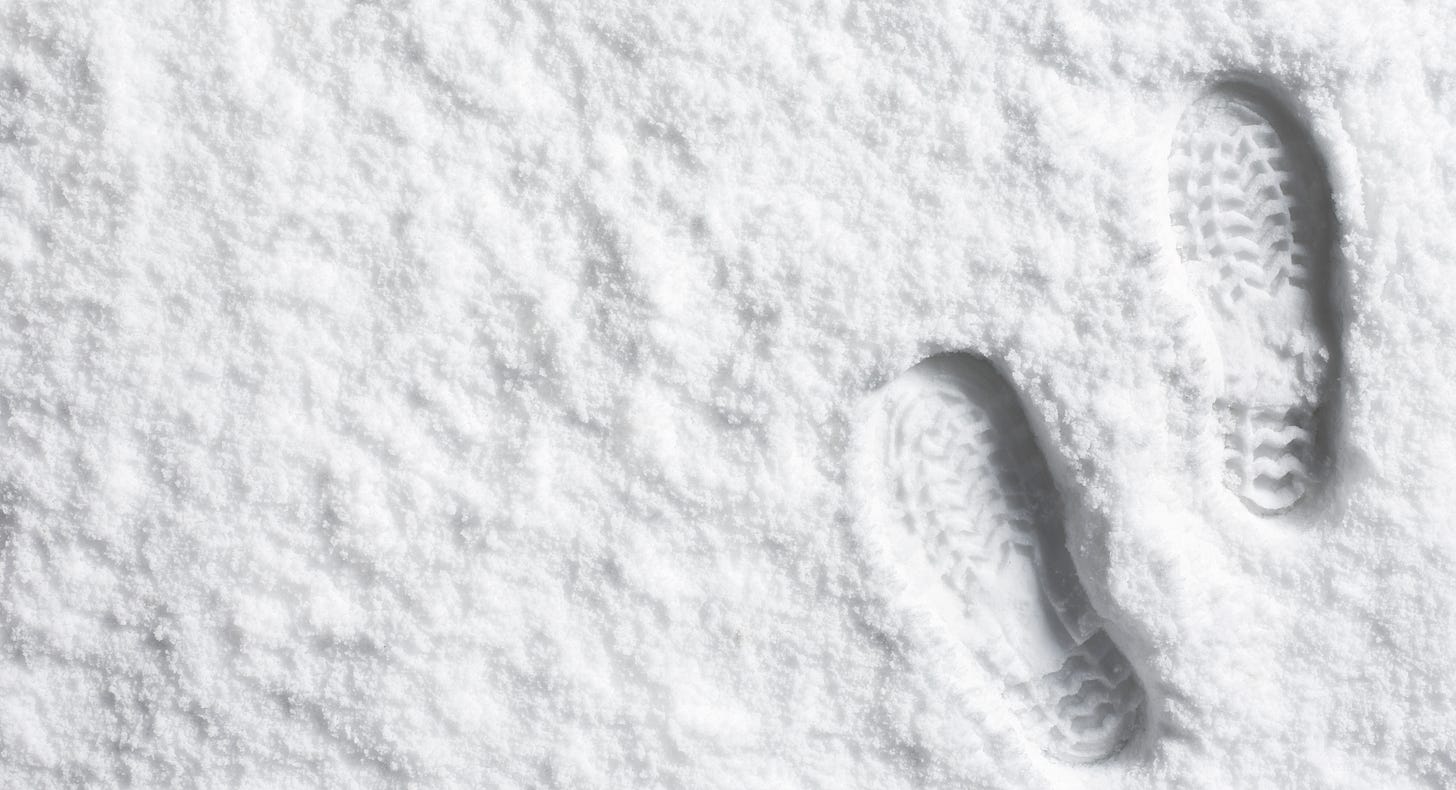A Deep Freeze
Reporting from Austin, Texas
“This man did not know cold. Possibly, all the generations of his ancestry had been ignorant of cold, of real cold, of cold 107 degrees below freezing point. But the dog knew; all its ancestry knew, and it had inherited the knowledge.”
― Jack London, To Build A Fire
These favorite lines, from a favorite short story, from a favorite author arrived in my email inbox last weekend, courtesy of my daughter as we both hunkered down for what promised to be an unprecedented cold snap in Texas. Little did we know that the frigid air would be matched with widespread power outages that plunged me personally and many of my fellow Texans into darkness and uncertainty.
It’s our second day without power, with no clear sense of when this will end. My wife and I still have water, but many others have had pipes freeze. Already this winter storm has caused many deaths. I fear the toll will rise. The cause of this power outage is multifaceted and will be a topic I will likely want to address later. But for now, the immediate thought is of the cold, and the desperations to stay warm.
It feels as if Texas has been transported to the Arctic. Of course Texas hasn’t gone anywhere. The Arctic has come to the Gulf, another data point felt personally in a world that seems to be coming increasingly out of kilter due to the effects of our climate crisis and the failure of our society to prepare for its impact. For example, just last summer the Arctic was baking in temperatures normally associated with the islands of the South Pacific.
I was born and raised near the Texas Gulf Coast, and I had never personally experienced the deep biting cold until well into adulthood. Our lowest temperatures tended to flirt with freezing, which produced perhaps an odd flurry and on rare occasions snow that would stick. What I thought I knew about the cold came courtesy of a childhood ensconced at the local library where I devoured not only Jack London, but tales like Valley Forge and Washington crossing the ice-laden Delaware River, as well as the rich prose of Charles Dickens, Tolstoy, and many others.
The bitter cold wasn’t just the stuff of books. Shortly after I turned 13 (and as 1944 turned into 1945,) the Allied victory in Europe over the Nazis seemed inevitable. And then forward progress froze, quite literally. I listened with a mix of desperation and fascination to the reports coming from the thick forests of the Ardenne region of Belgium. It was the Battle of the Bulge, the last major counteroffensive from Nazi forces and a desperate fight for the American army against both a determined enemy and the wrath of nature.

Over the course of my career I would find myself in many places that were frigid: the literal and political chill of Moscow, the mountain passes of the Himalayas, and an ice breaker traveling through the Northwest Passage, to name a few. The cold often became part of the story I was there to cover.
Through my work, New York City also became my home, and the howling winter winds through the man-made canyons of Manhattan seemed to pierce your bones no matter how many layers of clothing you were wearing. I eventually found a lot to love about the changing seasons, but as much as I tried to acclimate myself, I never could shake my Texas upbringing. I would rather have a humid, hot, summer night, with open windows and a prayer for a stray breeze (in a time before air conditioning) than temperatures hovering in the digits one tends to find on a quarterback’s jersey.
When it gets really cold, or even when I hear the news of frigid conditions elsewhere on the globe, my mind first turns to those who will likely suffer the most: the poor, the homeless, and the marginalized. I think of those huddled in refugee camps, tent cities, and in drafty homes where there isn't enough money to turn on the heat. I think of those whose lines of work demand that they work outside or travel great distances in dangerous conditions: soldiers, first responders, social workers, those working in construction and sanitation, those driving buses, cabs, and long-haul trucks on icy roads, and those who must stand outside and open doors for others to rush into warm buildings, or airports, or restaurants.
But the cold can also fill me with wonder. It is quite remarkable that our species, which originated in the warmth of Africa, could adapt to such a range of conditions. In a reporting trip to an Inuit village hundreds of miles north of the Arctic Circle, I met with elders and marveled at how their ancestors could turn a barren, frigid landscape into a bountiful home. I sit in fascination at human ingenuity in construction and engineering that can make buildings snug and machinery whir, even in the frigid, dark void of space. And I wonder at all the animals who, through the process of evolution, have adapted themselves to freezing waters and frigid wind-swept mountains and tundra.
I recognize that the cold brings its own allure, especially when accompanied by the snow that it makes possible. We yearn for a White Christmas and the joys of sledding, skating, and skiing. I know that winter has inspired artists, authors, poets, and musicians. And it holds a special magic for children. The number of stories composed for young readers around the wonders of a cold world outdoors are too numerous to count.
As February begins to wane, it is tempting to turn one’s thoughts to the rebirth of spring, although no one in Texas is doing that. Dangerous winter days remain. If you are reading this in a place that is cold, I hope you are able to stay warm and safe. I hope we can all open our hearts to those who are less fortunate. And at the same time, I hope we can still retain the wonder that the cold can bring. As our planet warms, as glaciers melt and permafrost thaws, we will need to find ways to turn back towards the cold in order to keep any sense of balance.
—Dan
Our goal at STEADY to build a vibrant digital community —the more voices, perspectives, and viewpoints that can add to the conversation, the merrier. If you like what you’ve seen here, please consider subscribing and telling others to join as well.





Dan Rather, reporting from Austin, Texas. As clear as a bell! Stay safe and warm.
We love you.
Signed,
America
We're in NW Houston hunkered down. We're fortunate to have propane fire logs for at least some warmth. At night we pile on a couple of down comforters and a cat or two. As transplants from WI, we seem to be better equipped to understand how these ice, bitter cold and snow things work. We turned the water off and are using buckets of water from the pool to flush. During a brief interlude of power this afternoon, I baked brownies. I have my priorities.